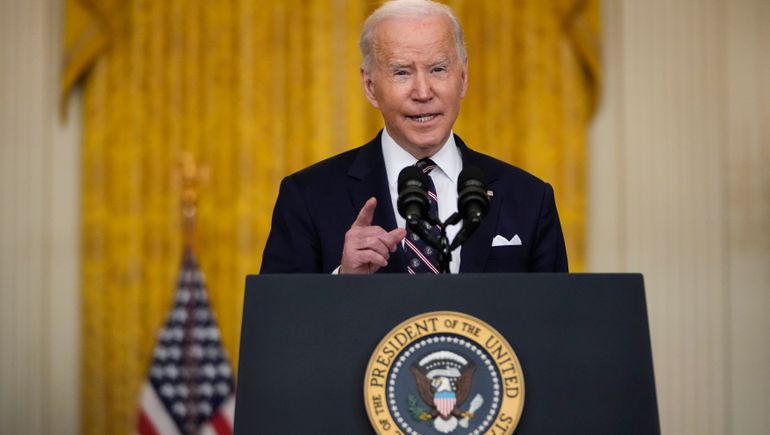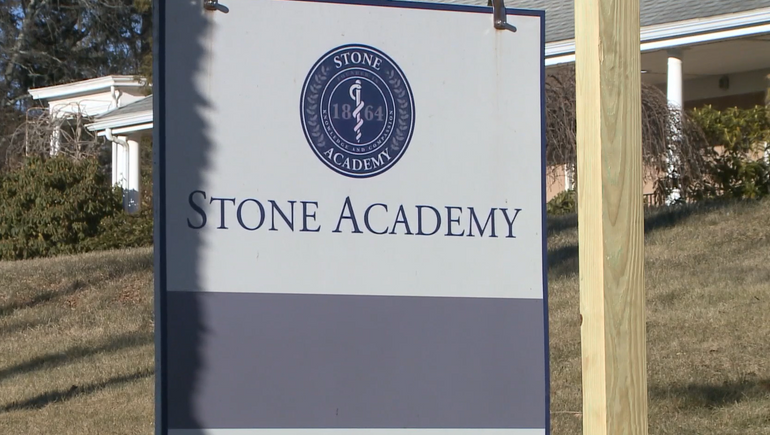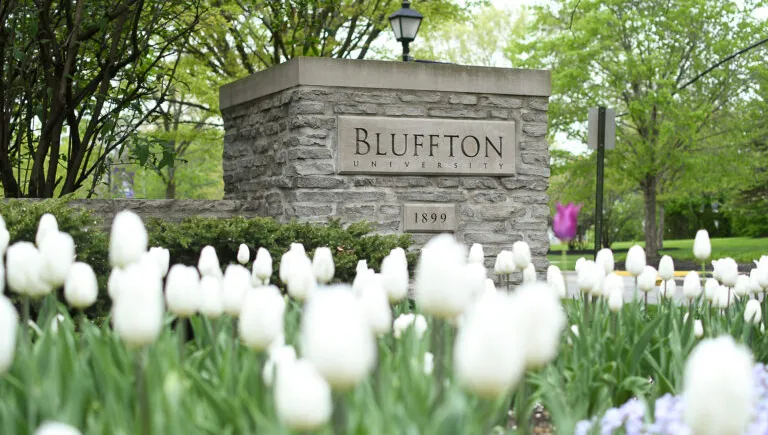[ad_1]
President Joe Biden laid out his budget blueprint for fiscal 2024 on Thursday, a plan that would infuse the U.S. Department of Education with $90 billion in discretionary spending and fund tuition-free community college nationwide, one of his central campaign pledges.
While the budget proposal has virtually no chance of passing Congress as drafted, it signals the White House’s priorities on postsecondary education and beyond.
To that end, the spending plan features a pathway to double the maximum federal Pell Grant by 2029, a policy move college access organizations have demanded for years and the Biden administration has supported. The budget would boost the 2024-2025 maximum Pell award to $8,215. The current maximum is $7,395.
Further, the spending package would send $2.7 billion to the Office of Federal Student Aid, $620 million more than in fiscal 2023. This represents key financing as the administration reworks elements of the beleaguered student loan system and prepares to end a pandemic-era freeze on repayments.
Overall, the Education Department would receive $10.8 billion more in discretionary spending than in fiscal 2023, a more than 13% increase.
“An excellent education for every child is within our reach, if we come together to raise the bar,” Education Secretary Miguel Cardona said in a phone call with reporters Thursday.
Perhaps the most notable investment on the postsecondary education side is the tuition-free community college proposal, which Cardona expressed excitement over Thursday.
Cardona called on Congress to enact it with states’ help, reinforcing Biden’s goal of starting federal-state partnership that would fund tuition-free community college. That would start with a roughly $500 million investment in a new discretionary grant program to provide two years of tuition-free community college to students enrolled in programs that lead to a four-year degree or “good-paying job.”
Tuition-free community college was strikingly absent from Biden’s budget proposal last year, after the president and Democratic lawmakers had pushed it heavily in a 2021 social spending package.
That year, Biden requested $109 billion from Congress to get the program off the ground. However, lawmakers wrote off the initiative, which would have also made two years of a degree or credential at a community college free, including for immigrants without permanent legal status. Momentum to fund free community college has since shifted more to the state level, including in places like Vermont and Michigan.
More financial assistance
The Biden administration incorporated other aid measures into the 2024 proposal, too.
The president’s budget would bolster federal programs like TRIO and Gaining Early Awareness and Readiness for Undergraduate Programs, or GEAR UP, which are both designed to shepard more low-income and historically disadvantaged students into college. TRIO would receive about $107 million more than in fiscal 2023, while GEAR UP would get about $20 million more.
And the package would provide two years of subsidized tuition to students from families earning less than $125,000 who are enrolled in a four-year historically Black institution, a tribally controlled college or other minority-serving institution, or MSIs.
Biden has proposed sending more money directly to HBCUs and similar institutions as well — $429 million more than last year for institutional capacity. Some $350 million of that would be devoted to four-year HBCUs and other MSIs to expand research and development infrastructure.
New initiatives include $150 million in grants for colleges to address mental health concerns on their campuses and $30 million to develop a holistic assistance program that looks beyond students’ finances to help them with problems like lack of food or housing.
Praise and criticism
The National Association of Student Financial Aid Administrators applauded the budget plan. NASFAA President and CEO Justin Draeger in particular praised the administration for the proposed investments in the Federal Student Aid office.
Policy experts have fretted about the FSA office’s finances, especially as it attempts to construct a simplified Free Application for Federal Student Aid, or FAFSA. The Education Department has already delayed changes to the form, much to the chagrin of advocates.
At the same time, the office will be charged with putting into action some of the Biden administration’s expected regulatory shifts, like a revised model of an income-driven loan repayment plan.
“At a time when the Office of Federal Student Aid is already stretched thin and is implementing many critical initiatives, it cannot be understated how important it will be to ensure that the agency has the necessary resources to complete these monumental undertakings,” Draeger said in a statement.
The budget plan also dedicates $178 million to the Office for Civil Rights, or OCR, for a 27% increase above fiscal 2023. OCR addresses students’ complaints of discrimination in federally funded K-12 schools and colleges and will likely be in the spotlight this year as the administration rolls out its proposed rule governing Title IX, which bans sex-based discrimination, including sexual violence, in schools. The regulation will direct how colleges must investigate and potentially punish sexual misconduct.
Meanwhile, Republicans declared the fiscal 2024 budget proposal, which totals $6.8 trillion, dead on arrival. Chuck Grassley, a senior Republican on the Senate’s budget committee, described it as “a roadmap to fiscal ruin.”
But Sen. Patty Murray, a Democrat who chairs the Senate Appropriations Committee, backed the proposal.
“This plan will get more people the health care they need and deserve, help families put food on the table, keep a roof over their head, and save for the future, and invest in making sure our kids can get a great public education and pursue a higher education,” Murray said in a statement.
[ad_2]
Source link









